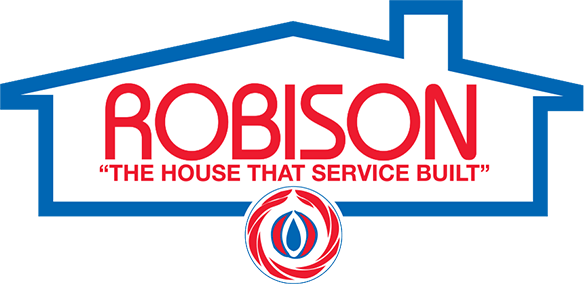COMMON ELECTRICAL PROBLEMS IN OLDER HOMES
What’s in a number? Plenty, when you’re talking about the age of homes. While there’s no hard and fast rule, it is generally considered that if a home is 50 years or older it’s considered “old” and a home built before 1920 is considered “antique.” Westchester and Putnam counties are filled with charming old homes that make our area unique. But if you happen to own one, there can be telltale signs that you may need an electrical system upgrade. Ignoring these signs (regardless of the age of your home) can result in electrical hazards that can lead to fires and risks to your family and your property.
That’s why an electrical inspection by licensed professionals is one of the most important things you can do to ensure the safety of your family and home. Making the necessary electrical updates helps ensure modern appliances draw the appropriate energy without regularly tripping breakers, keeps your home compliant with local building codes, helps with insurance premiums, and—when the time comes—makes your home easier to sell.
Some electrical problems that are common in older homes include:
Old fuse box instead of a modern circuit breaker panel. Both fuse boxes and circuit breakers control the amount of electricity that flows into your house, and both safely cut off the electricity when a circuit is overloaded. But while circuit breakers have switches that can be flipped and wires that can disconnect and plug back into place, fuse boxes melt wires—commonly called “blowing a fuse”—when the circuit is overloaded. This requires the fuse to be replaced before the electricity can be restored to that circuit.
Knob and tube wiring. Knob and tube wiring is an old house electrical wiring method, used in the 1950s and earlier, that does not provide the appropriate energy for running modern appliances. Overheating can occur in knob and tube wires and can result in fire hazards.
Aluminum wiring. Aluminum wiring is also an outdated wiring method, used largely in the 1960s to 1970s. Because the metal heats up more than standard copper wires, it’s prone to loosen electrical connections, which can result in arcing, melting insulation, and fire hazards.
Circuit breakers frequently trip. It is not uncommon for a circuit breaker to trip when high-energy appliances draw more energy than the breaker allows, but if the breaker trips frequently or without the use of a high-energy appliance, it indicates there may be loose connections in the electrical system or that the panel needs updating.
Two-prong outlets instead of three-prong. Not only do two-pronged only outlets mean you can’t use your three-pronged appliances, it also means the outlet is not grounded. That means it’s not equipped with ground-fault circuit interrupters (GFCIs), which prevent electrocution in wet areas such as kitchens and bathrooms.
Insufficient new outlets for appliances. Older homes often have fewer outlets than our modern electrical demands require. Homeowners sometimes try to make up for this by installing new outlets and adding them to the existing circuits. This can cause circuits to become overloaded, which can potentially put a strain on your entire electrical system.
Your home’s electrical system is in good hands with Robison
Trust the licensed professionals at Robison ensure your electrical system is safe and performing optimally. Our inspection includes an in-depth evaluation, assessing the wiring and appliances to ensure they comply with safety standards, checking the circuit breakers, and more. From minor work to extensive repairs — count on Robison to handle it for you with expert care and with the highest degree of safety. For more information, visit www.robisonoil.com/services/electrician-services, or call (914) 345-5700.
